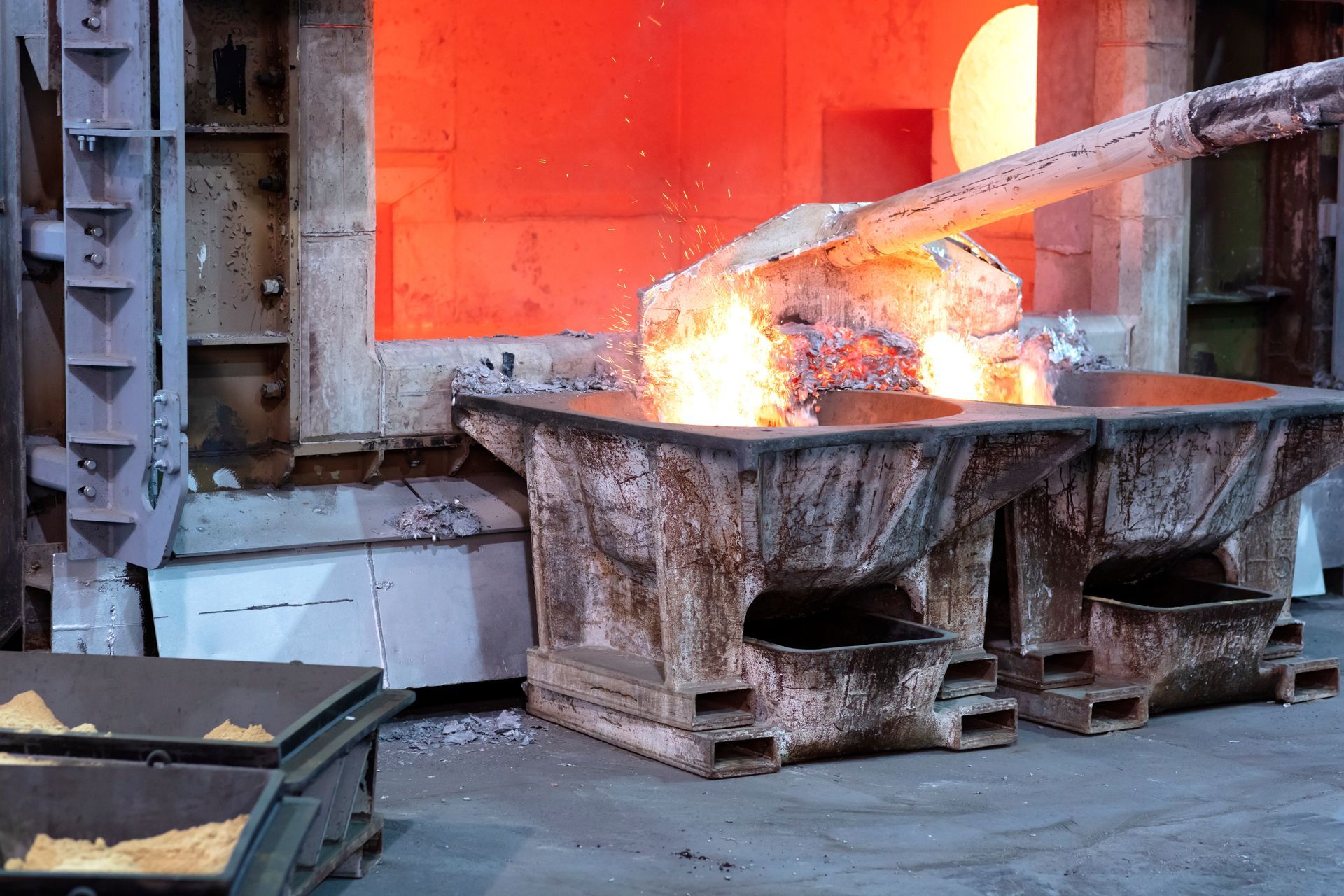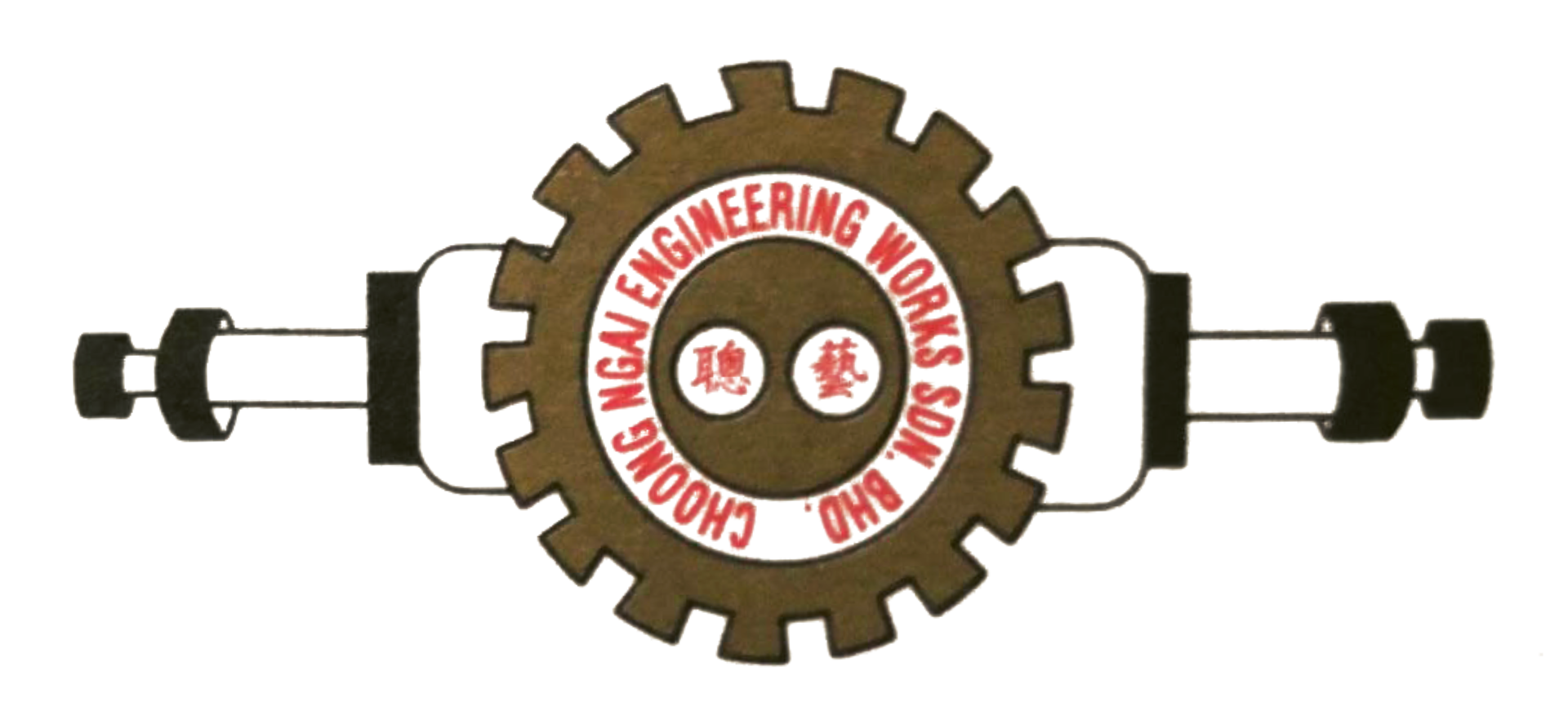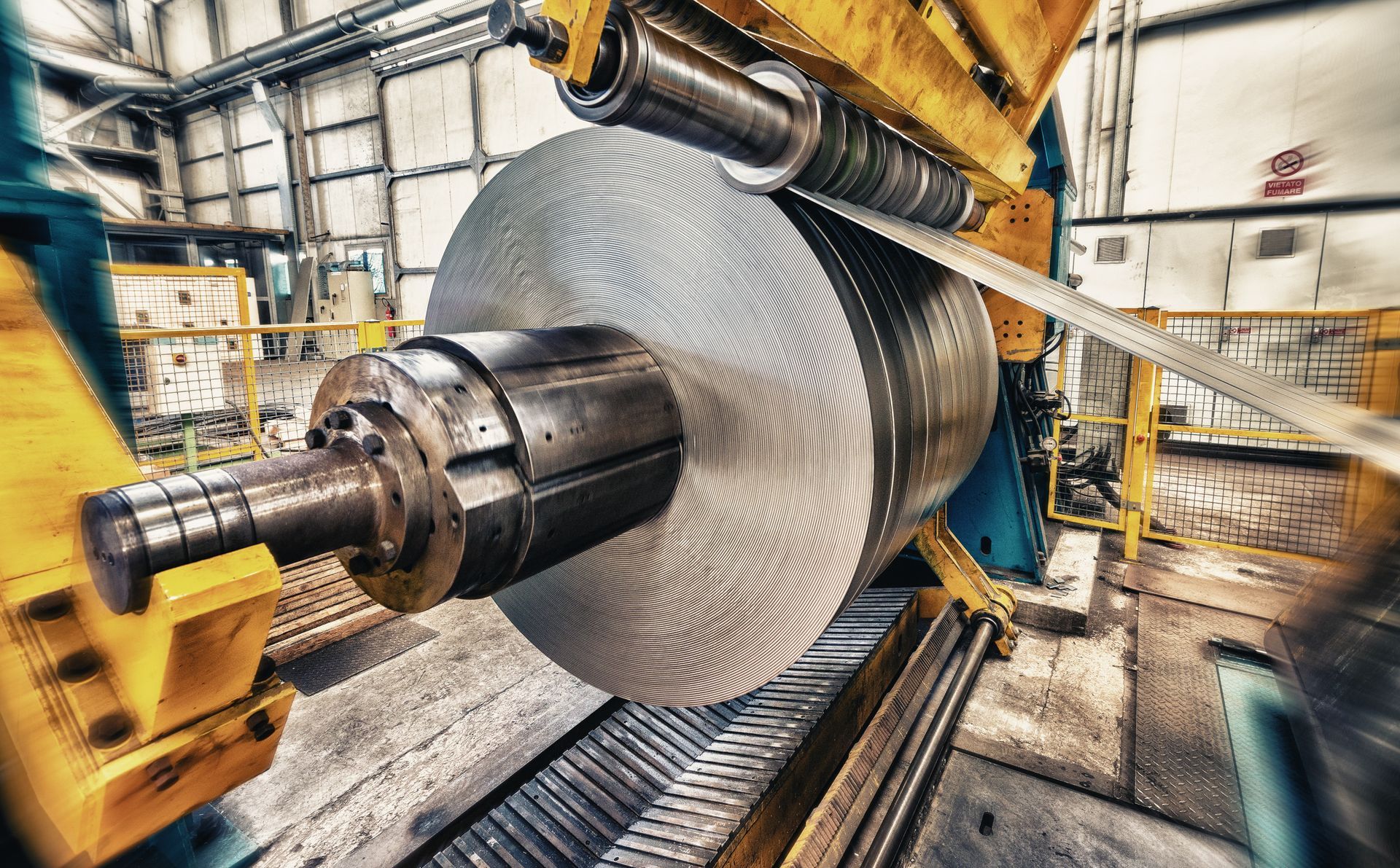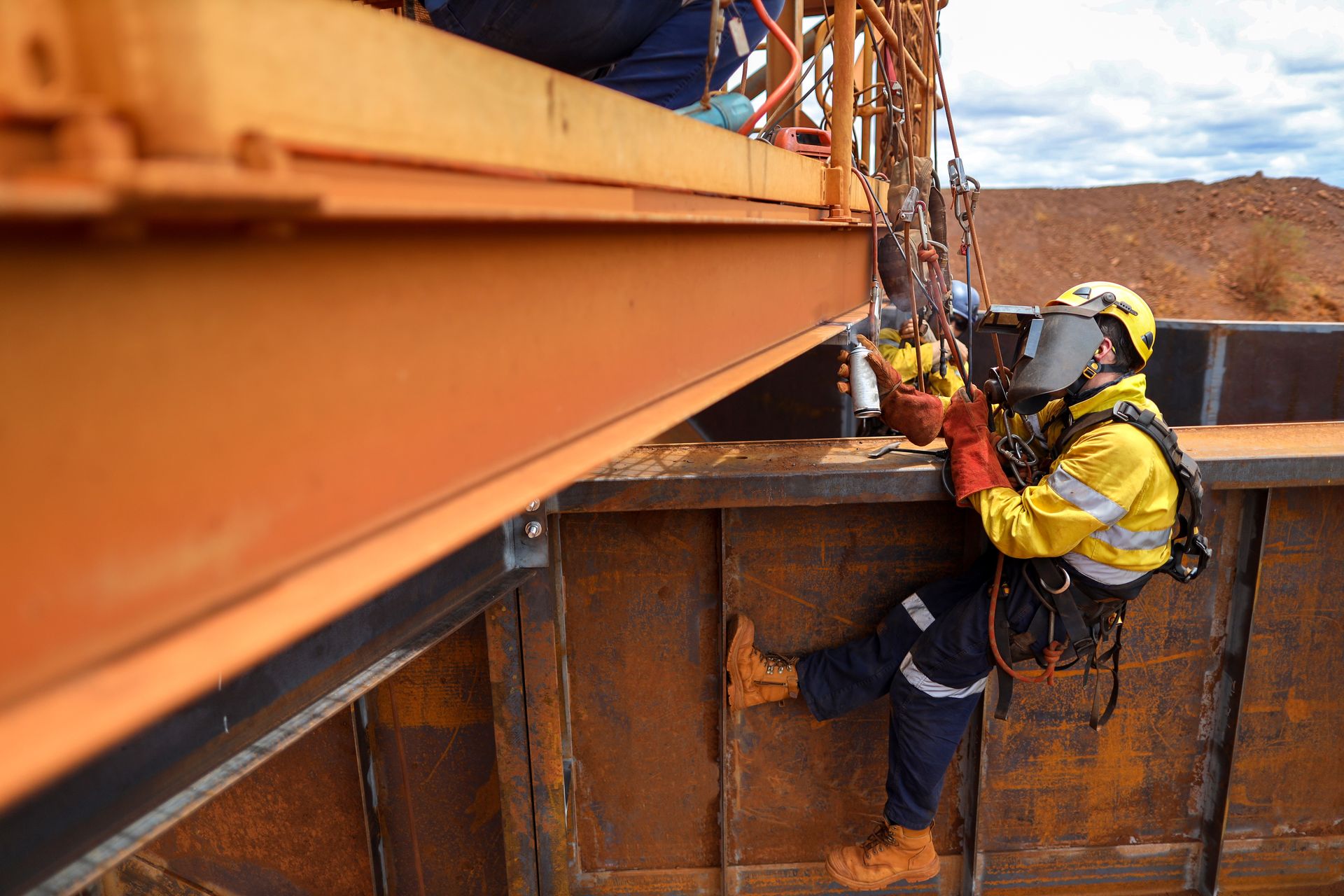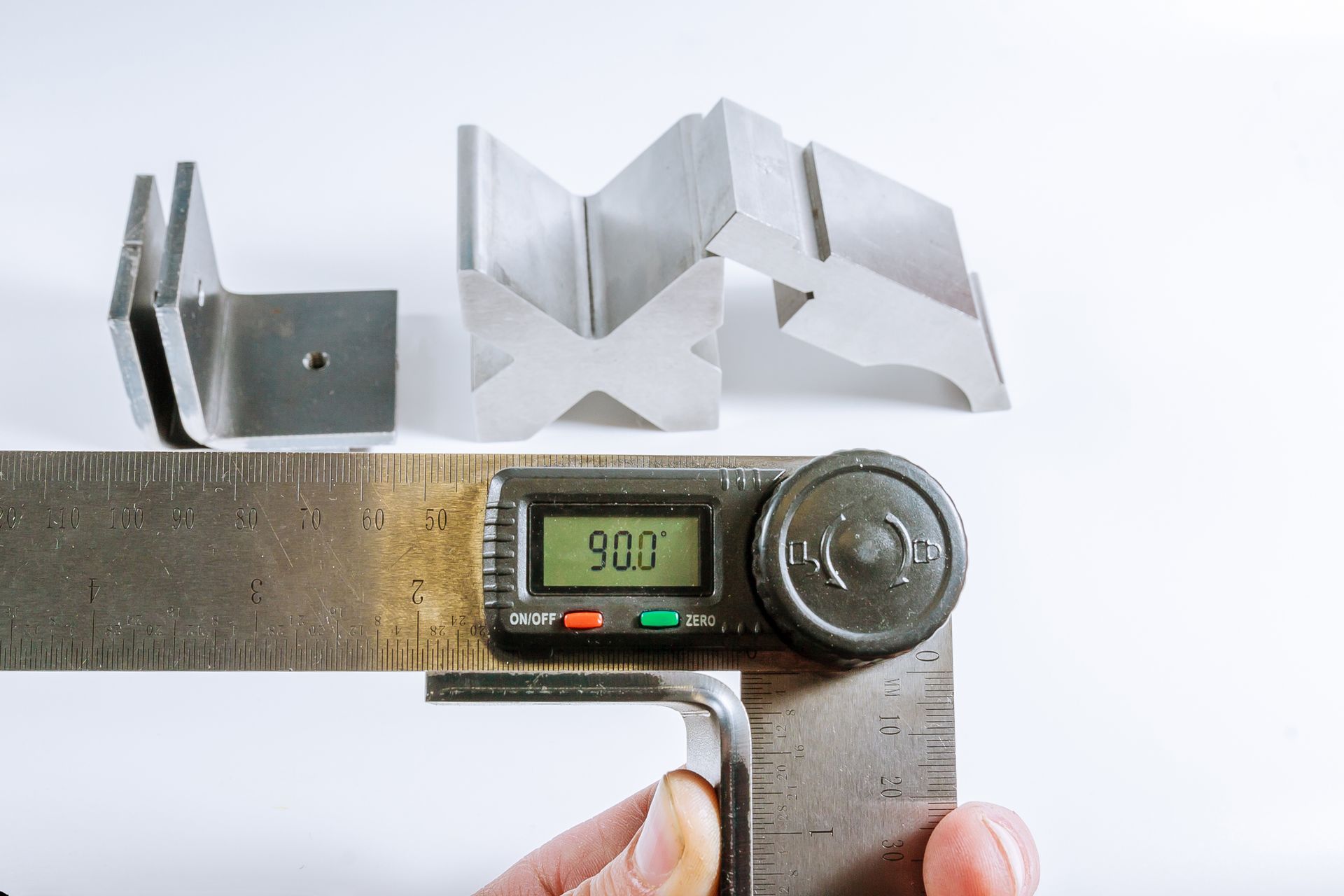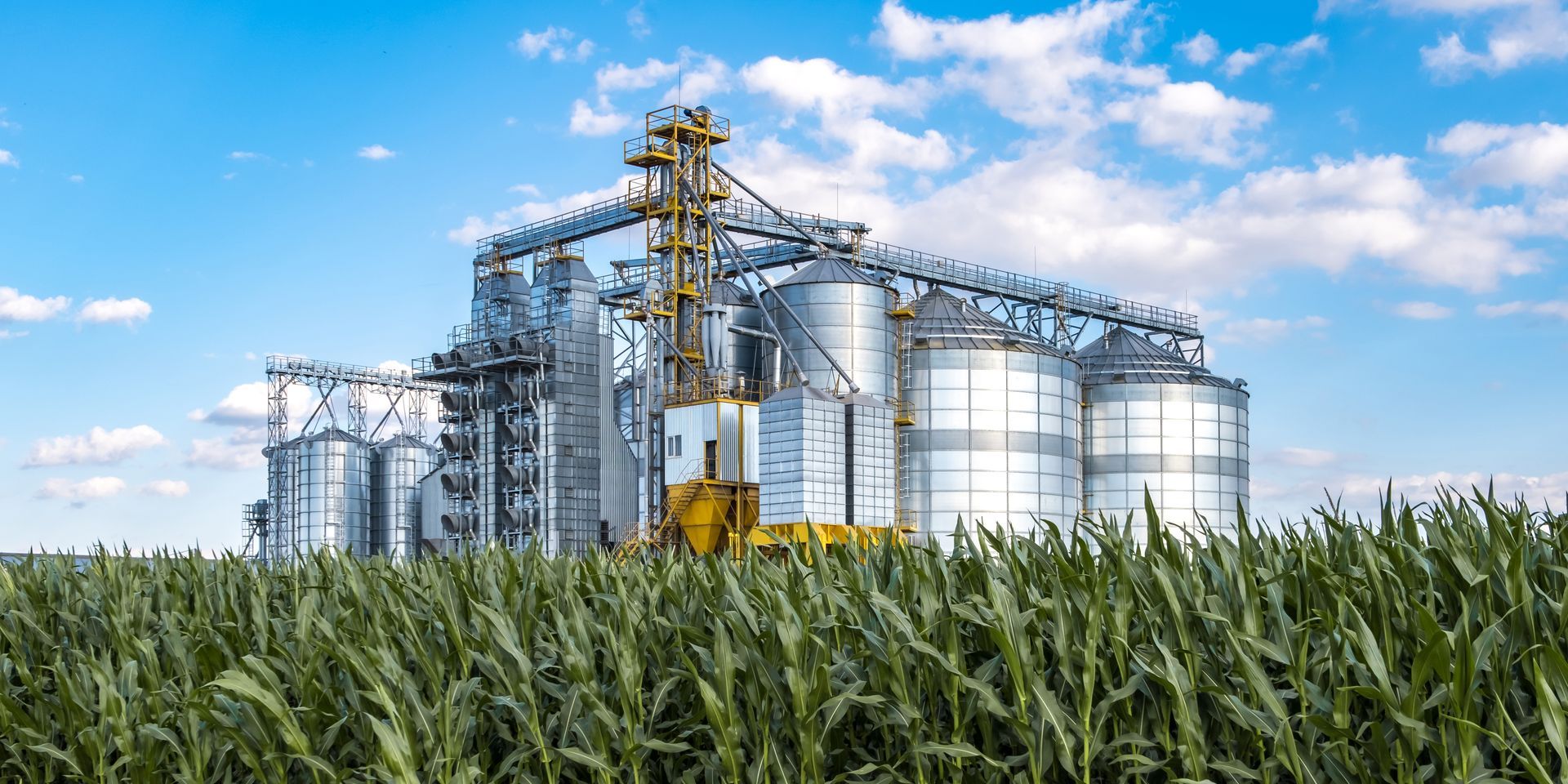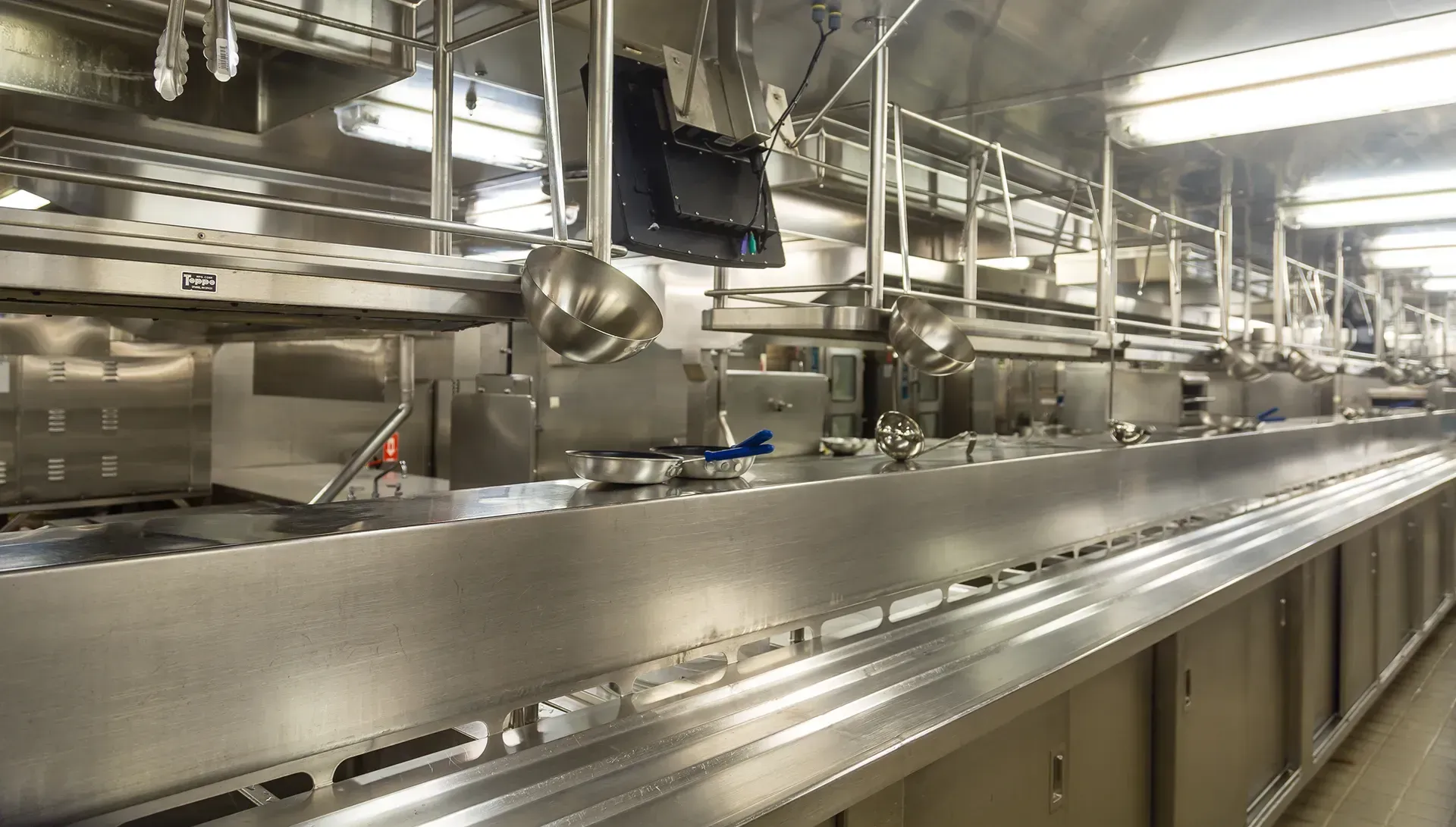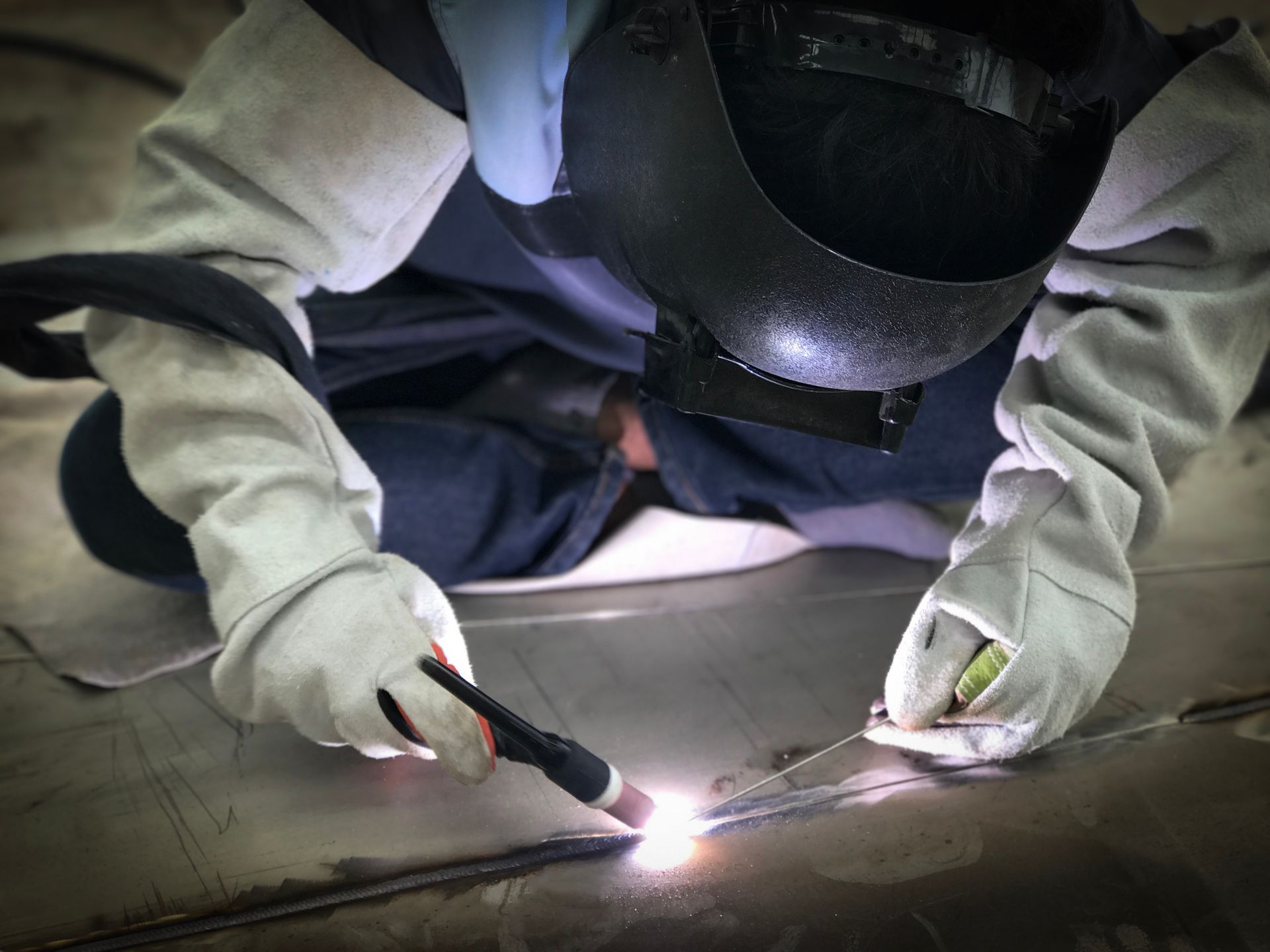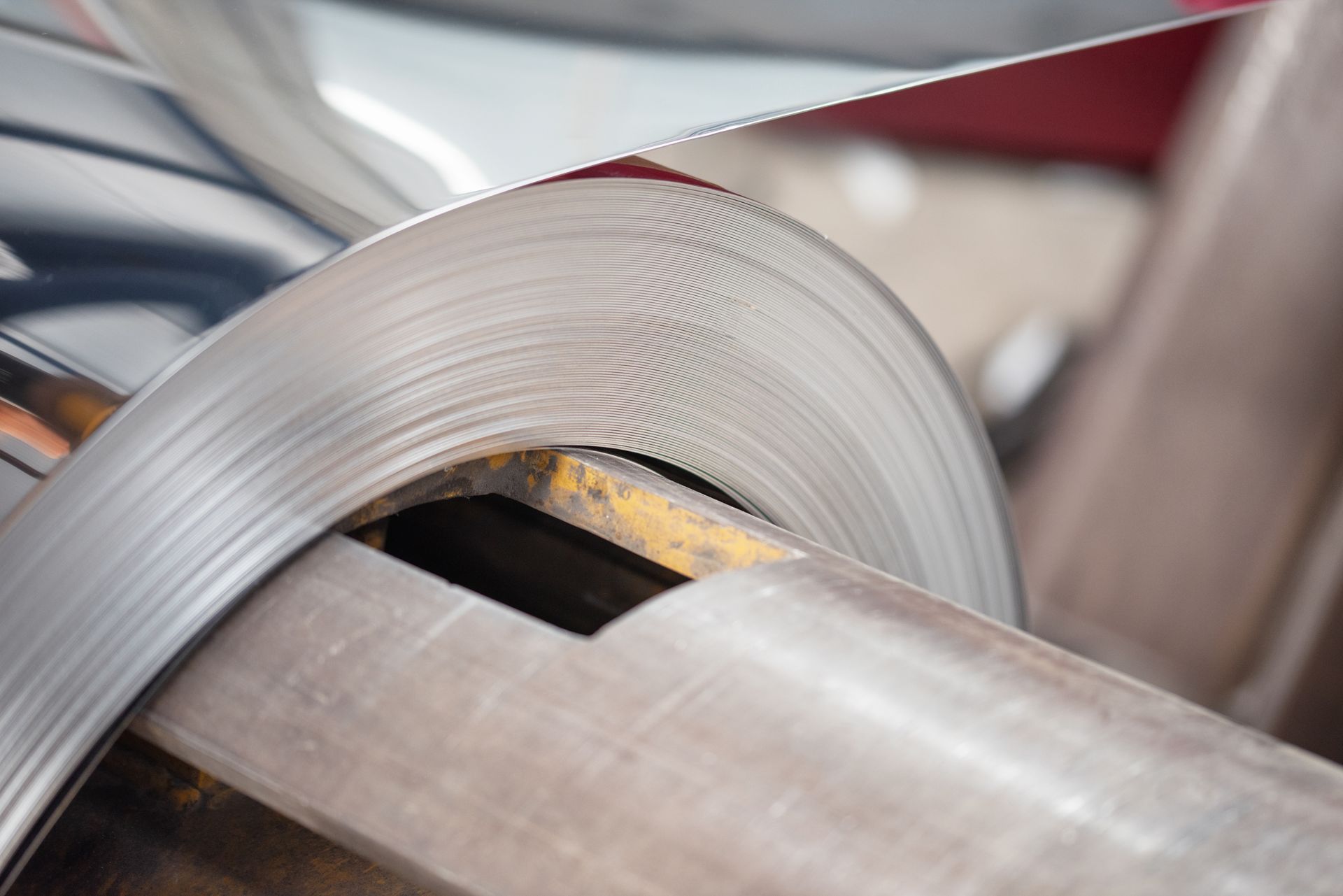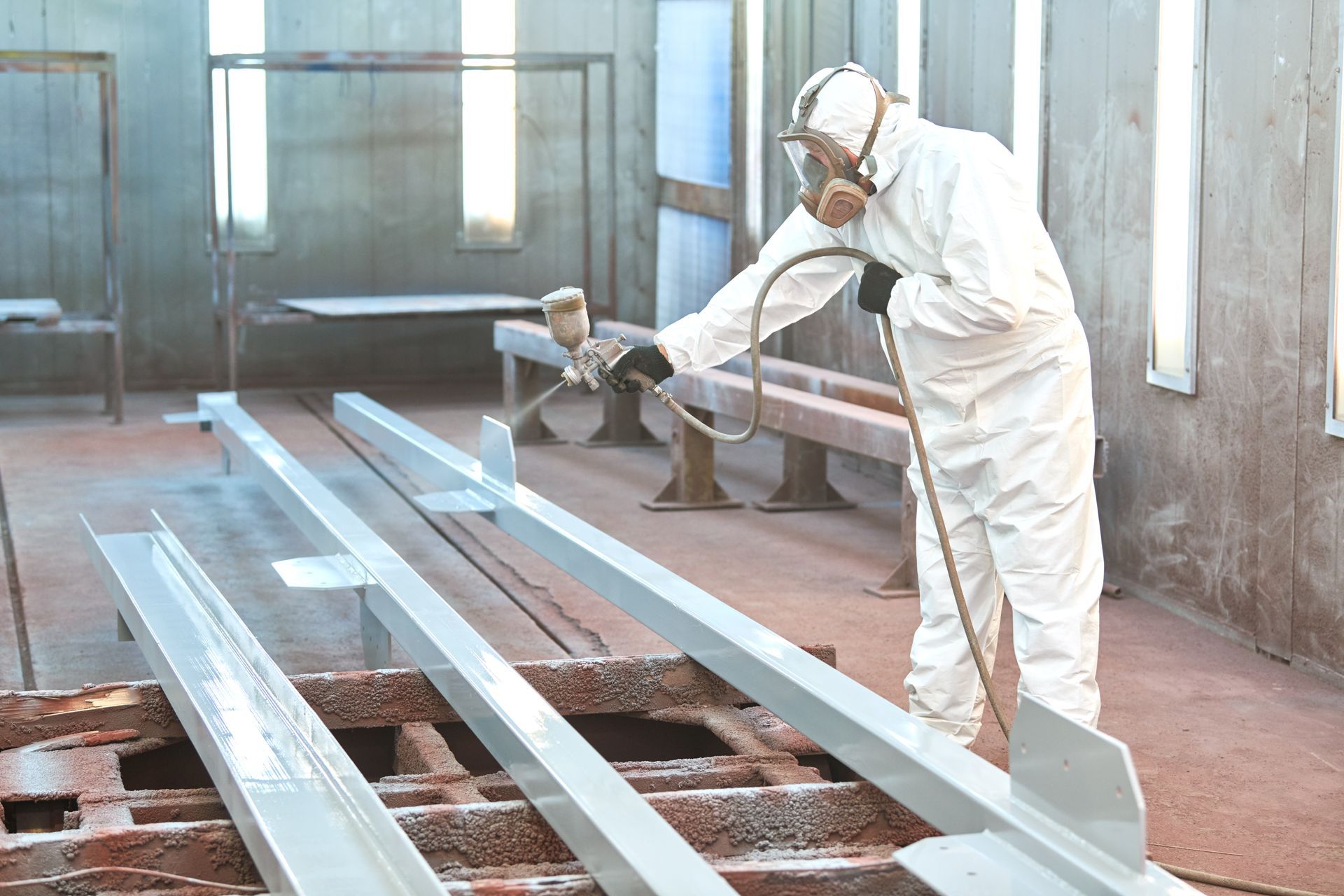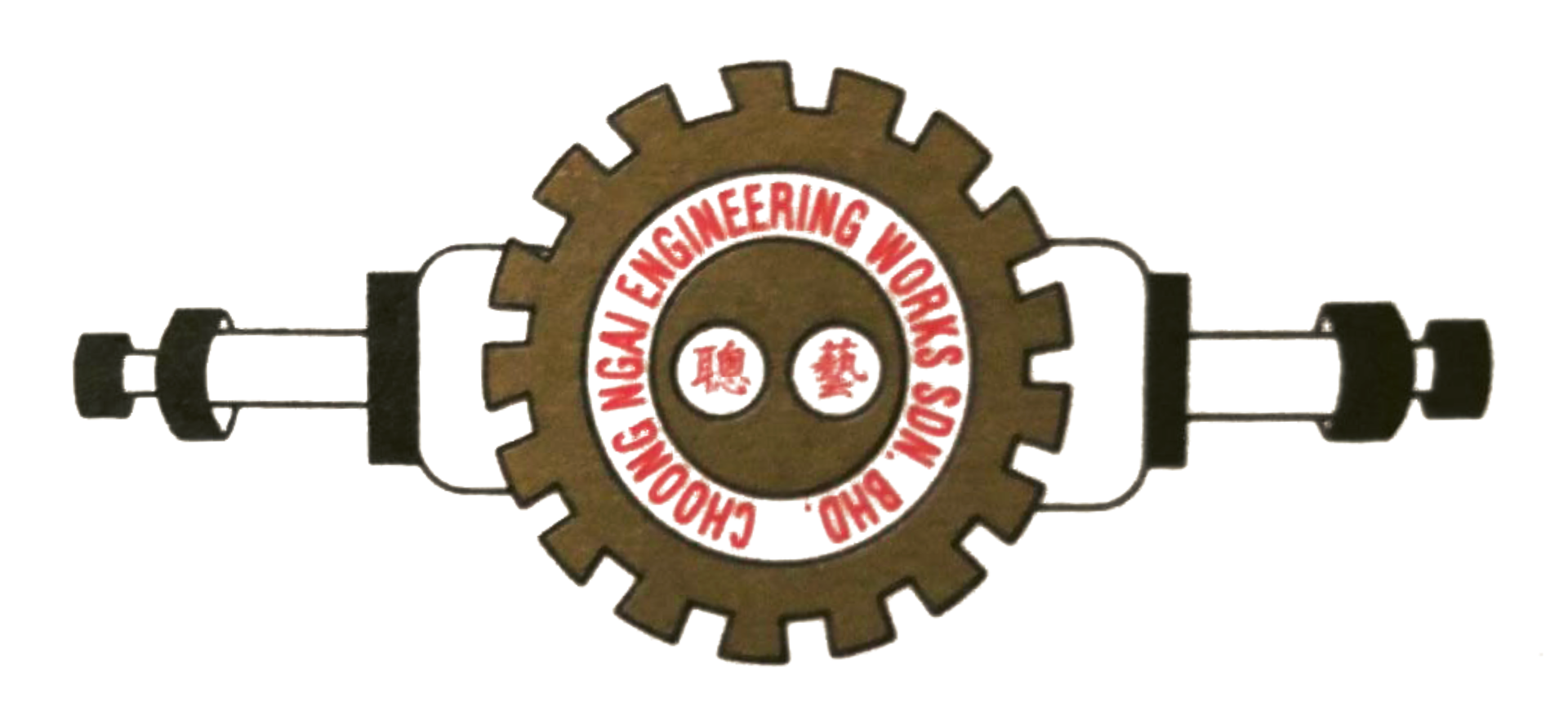Top 5 Trends Shaping Sheet-Metal Fabrication in 2025
Sheet metal fabrication is evolving at a remarkable pace in 2025, driven by advancements in technology, tightening environmental regulations, and increasing demand for design and production flexibility. From precision-enhancing automation to greener manufacturing approaches, the industry is undergoing a significant transformation.
This evolution is not only redefining workflows but also reshaping expectations—from faster turnaround times to more personalised solutions. Whether you’re an engineer, a designer exploring metalwork,or a manufacturing professional, understanding these developments can help you stay competitive. Below are the top trends shaping the future of sheet metal fabrication this year.
Why 2025 Is a Pivot Year for Sheet Metal Fabrication
As global manufacturing navigates rising material costs, climate-conscious regulations, and increasingly stringent quality standards, the sheet metal fabrication industry is under growing pressure to evolve both its practices and technologies. The demand is growing across various sectors, including aerospace, automotive, and electronics, each requiring greater precision, faster lead times, and improved material performance.
In this context, digitalisation and sustainability have shifted from optional upgrades to essential strategies. Traditional methods alone are no longer sufficient. The adoption of smarter tools and processes is now reshaping how sheet metal is fabricated, assembled, and finished. More than ever, companies are exploring integrated systems that streamline production, improve traceability, and reduce waste.
AI-Powered Quality Control
Artificial intelligence (AI) is becoming a core component of quality control in sheet metal fabrication. With AI algorithms now capable of analysing images and sensor data in real-time, manufacturers can detect micro-level defects, like cracks, warping, and misalignments, before they impact the final product.
AI-integrated inspection systems dramatically reduce human error, minimise rework, and enhance consistency across large-scale production runs. Additionally, predictive analytics can flag potential issues even before they occur, allowing teams to proactively adjust equipment or processes. This data-driven approach not only safeguards quality but also improves uptime and operational efficiency across the board.
Sustainable and Eco-Friendly Practices
Sustainability isn’t just a corporate initiative—it’s a practical necessity. In 2025, more sheet metal fabricators are adopting eco-friendly practices to minimise their environmental impact. Key strategies include:
- Material Efficiency: Using laser cutting to reduce offcuts and scrap.
- Recyclable Metals: Choosing aluminium and stainless steel over non-recyclables.
- Energy-Conscious Equipment: Switching to machines that use less power.
These measures not only support environmental goals but also help reduce long-term operational costs and ensure compliance with evolving regulations.
Robotic Welding and Advanced Coatings
Automation continues to play a critical role in sheet metal fabrication, with robotic welding systems becoming increasingly refined in 2025. These robots deliver greater precision and speed, especially in high-volume production. More importantly, they ensure uniform weld quality, a vital factor in safety-critical industries like automotive and aerospace.
Alongside robotics, new coating technologies are emerging to improve corrosion resistance, thermal stability, and surface durability. Innovations in powder coating and nanocoatings allow fabricators to meet both performance and environmental standards without compromising on finish quality. Some of these coatings even offer self-healing properties or enhanced bonding capabilities, unlocking new design opportunities and reducing maintenance costs over time.
Customisation and Flexibility
Today’s fabrication needs go beyond standardisation. Clients increasingly seek tailored solutions that meet specific design or performance criteria. In response, the industry is embracing digital prototyping, modular tooling, and on-demand production.
With CNC machining and CAD-integrated workflows, fabricators can now produce bespoke components at scale. This flexibility is especially valuable in sectors like medical devices and electronics, where precision and adaptability are essential. Additionally, digital twins and simulation tools are being used to visualise performance before production begins, further reducing development cycles and costly revisions.
Use of Advanced Materials
Traditional metals, like steel and aluminium, still dominate when it comes to fabricating sheet metal, but 2025 is seeing increased use of advanced alloys and composites. Materials such as titanium alloys and magnesium are gaining popularity for their strength-to-weight advantages, particularly in performance-driven sectors.
Hybrid materials—combining metal with carbon fibre or ceramics—are also opening new possibilities in design and function. These materials often require specialised tooling and techniques, pushing fabricators to upgrade their capabilities and invest in training. Staying ahead in material science will be key to offering competitive and resilient solutions in an increasingly demanding market.
How to Put These Trends into Action
Understanding trends is one thing, but implementing them is another. To stay ahead, consider the following:
- Upgrade equipment, especially in AI inspection and robotic automation
- Review sustainability practices, including energy use and material sourcing
- Partner with vendors experienced in advanced materials and coatings
- Upskill teams in digital prototyping and AI-supported fabrication.
Establishing internal benchmarks and tracking performance improvements will also help ensure each investment delivers measurable value. Remaining agile and committed to continuous improvement ensures your operations stay competitive and future-ready.
Unlock Next-Level Sheet Metal Fabrication with Choong Ngai Engineering
If you’re looking to future-proof your process for sheet metal fabrication, partner with a team that combines decades of experience with modern technology. Choong Ngai Engineering delivers precision-driven, custom-fabricated solutions tailored to your industry.
Whether your priority is quality, speed, or sustainability, we are equipped to support your goals. Our team works closely with clients to deliver scalable solutions backed by expert consultation, rigorous quality control, and responsive service.
Contact us today to elevate your next sheet metal project.
